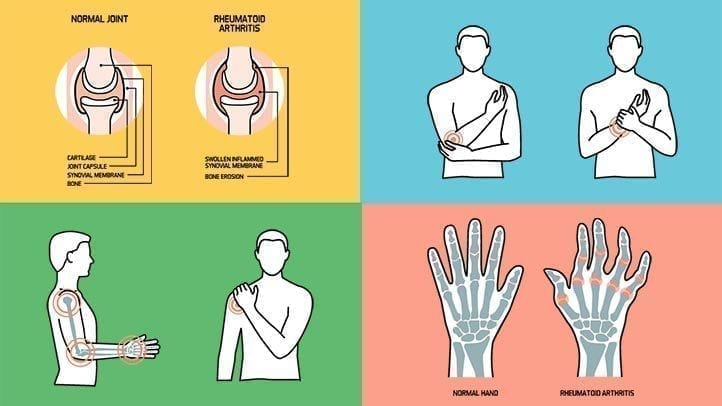There’s a Startup for That
Ecovative Design’s green packaging has edged its way into a giant computer company, the U.S. auto industry, and the country’s biggest office-furniture supplier. Even the National Oceanic and Atmospheric Administration is deploying the company’s unique technology in its weather operations.
Not a bad résumé for a four-year-old company rooted in mushroom spores and wood chips.
The Green Island, New York, startup has generated a lot of buzz since its founding in 2007, when Eben Bayer and Gavin McIntyre, then both 22, started the company while finishing their master’s degrees at Rensselaer Polytechnic Institute in Troy, New York.
In the beginning, the startup eked by with two $2,500 stipends—living expenses provided by the founders’ alma mater—$3,500 from a business competition and a three other small prizes, all under $15,000.
“We had no money. We couldn’t even afford rent,” Bayer, now the company’s chief executive, said. The latter dilemma was solved when Rensselaer gave Ecovative free access to 400 square feet of space in its incubator during the company’s first year in business.
Today, Ecovative is expanding almost as quickly as the fungi it grows for its packaging and consumer products. In four years, the biomaterials company has accumulated more than $4.5 million in grants and prizes, secured a multimillion-dollar private investment, increased staff to 40, and outgrown the 10,000 square feet it currently occupies. It’s also attracting such big-name customers as Dell and Steelcase, the country’s biggest office-furniture supplier.
Revenue for 2011 should come in at $1 million. And 2012 looks even brighter for Ecovative, its founders, and the company’s unique mushroom technology. That’s when the startup will move into space that is 10 times larger than what it occupies today, ramp up manufacturing, and hire up to 10 more employees.
Bayer, from a farming family in Vermont, and McIntyre, a Long Islander and “happy hybrid” of a biologist and mechanical engineer, grew the first prototypes in their kitchens and bedrooms before moving to Rensselaer’s incubator. They outgrew that space quickly, and in 2009 moved into 10,000 square feet in an industrial park.
Their patent-pending process works this way: Mushroom roots “feed” on oat hulls, cotton burrs, or other unusable, regional vegetative waste. The resulting material is then molded and baked into forms for lightweight packaging material, insulation, and other consumer goods.
Earlier this year, Ecovative received a multimillion-dollar investment from Rensselaer, 3M, and the Dutch-based DOEN Foundation, a nonprofit that provides grants to promote eco-friendly ventures. The money will be used to prepare Ecovative’s new, soon-to-be-announced location and add staff.
DOEN’s share of the funding was $1.5 million. It was the second investment in Ecovative from the organization, which in 2008 awarded the company $700,000.
Jeffrey Prins, program manager for DOEN, named three things that set Ecovative apart from other startups: its dedicated team of “ambitious young people;” a product that is environmentally friendly, practical, and cost effective; and its growing base of commercial customers.
Bookmark this page for “green packaging” and check back regularly as these articles update on a frequent basis. The view is set to “news”. Try clicking on “video” and “2” for more articles.









